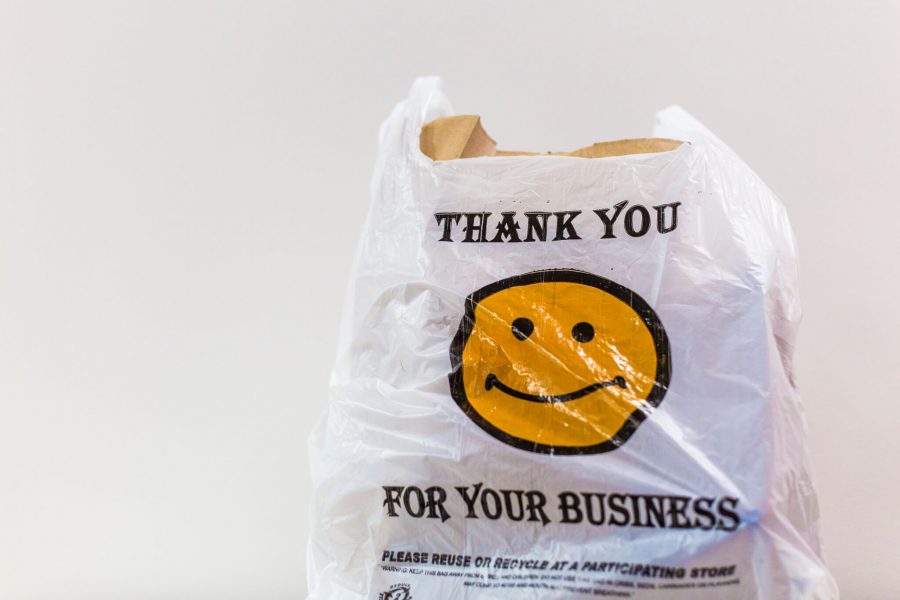Using takeout and delivery services is a privilege that has shifted greatly in the face of the COVID-19 pandemic. The restrictions on in-restaurant dining in New York and beyond have caused food delivery services in particular to surge in popularity, turning a privilege into a necessity for some people.
Steinhardt junior major Alice Kim opted to stay in New York instead of returning to her hometown of Glendale, California. Before the pandemic, she would use delivery services on a weekly basis. She now relies on them for every single meal, so as to leave her apartment as little as possible. Beyond precautions to prevent contamination, Kim fears discrimination as an Asian American.
“After hearing that Asians are being targeted, I wanted to avoid being a victim of violence so I try my best to not be in public spaces,” Kim said. “Delivery services are therefore the safest option for me to use during this time.”
Kim favors DoorDash and Seamless, citing their generous promotions. When not sampling all of the global cuisines New York has to offer, she sticks to healthy options, such as salad kits. She has taken to wiping off all packaging with disinfectant wipes before meals.
NYU students in and outside of New York find themselves at the same crossroads, adjusting their routines accordingly. Contactless delivery, in which couriers leave orders on the doorstep, is now the standard. Any interactions with couriers or restaurant employees are conducted beneath face masks and gloves. Workers are faced with reduced shifts and circumstances different than anyone would ever expect for a restaurant workplace. Arching above all of these changes is the consumer’s dilemma of deciding between unmitigated social distancing and stimulating the local economy.
The landscape of takeout and delivery culture can vary widely among the different regions and countries NYU students call home. For first-year CAS student Jul Tran, food delivery is not as accessible an option in her home city of Hanoi, Vietnam. In Hanoi, street food is the most popular casual dining option and the struggle to adapt this traditional business model to online delivery has left street food outlets among the most affected establishments.
Other restaurants are transitioning to delivery. However, contactless deliveries are not as widely available as they are in New York.
“Some restaurants in Hanoi don’t have cashless options so it’s trickier to get the food safely,” Tran said. “I do get food delivered but try to minimize as much as I can because I have to pay cash and be in contact with the delivery person.”
When receiving deliveries, Tran takes as many precautions as possible, wearing a mask and gloves at the door and throwing out exterior packaging right away.
Gallatin first-year Veronica Leite has witnessed firsthand the negative effects of COVID-19 on the restaurant business. Her family owns the adjacent restaurants Iron Abbey Gastropub and Nabrasa Brazilian Steakhouse in Horsham, Pennsylvania. Both restaurants have shifted entirely to takeout and delivery services, as well as offering meal kits for purchase. Her parents now immediately change clothes and shower when returning from work.
“I think supporting local business is super important because I’ve seen the impact firsthand,” Leite said. “I get so sad thinking about the employees having to be let go temporarily.”
Leite also expressed the diligence the restaurant industry is taking to prevent the spread of the virus. At the restaurant, employees are maintaining their distance as much as possible and wearing masks and gloves at all times.
“From observation, I know they are taking the whole thing very seriously,” Leite said. “Even when they have meetings, they sit far away from each other or resort to Zoom meetings.”
As the pandemic continues, the practice of ordering food is one of the few practices that remain, as shops, museums and theaters close their doors — even restaurants remain closed to patrons. However, it must be acknowledged that this is still a privilege to be practiced in the midst of a pandemic.
Email Chad Evans at [email protected].























































































































































